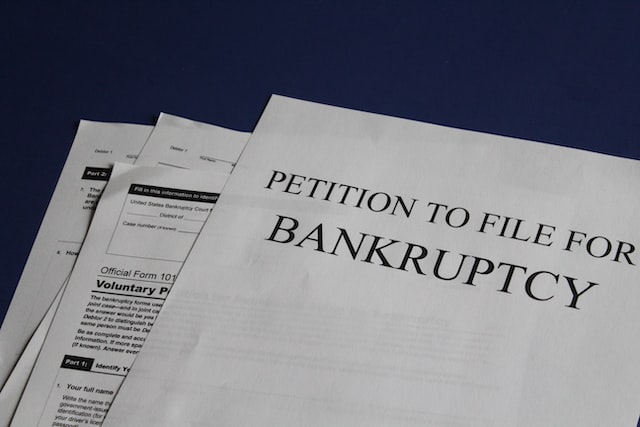
It’s no secret that divorce is an extremely emotional process for many. However, many do not realize the financial and legal complexities this process entails. As such, it’s necessary to understand how matters like alimony are determined. Additionally, if you find yourself struggling to meet these obligations, you may wonder if you can have them discharged during bankruptcy. The following blog explores what you must know about these matters and why you should contact a lawyer to discuss bankruptcy & divorce in Tennessee.
What Do Courts Consider When Awarding Alimony to a Spouse?
When a couple divorces, there is a common misconception that alimony will automatically be awarded to the lower-earning spouse. However, this is far from the truth, as the spouse who wants financial support must request it in the divorce petition. If the other spouse contests or disagrees with the alimony request, the courts will determine whether or not it should be awarded and, if so, how much the recipient party will get.
As such, the following factors are taken into consideration by the courts when awarding spousal support:
- The income of each party
- How long the couple was married
- Whether one spouse was financially dependent on the other
- The earning capacity of each spouse
- How marital property was distributed
- The separate assets of each spouse
How Does Bankruptcy Impact Alimony Payments?
When you file for bankruptcy, you receive an automatic stay from creditors. As such, those seeking to collect debts must cease their efforts. This includes domestic support obligations like child support or alimony.
However, it’s necessary to understand that domestic support obligations, including alimony, are non-dischargeable under bankruptcy are non-dischargeable during bankruptcy. As such, you will still owe your spouse financial support, regardless of your filing for bankruptcy.
What Should I Do if I’m Struggling to Make Spousal Support Payments?
If you cannot make spousal support payments among the other debts you owe, it may be in your best interest to file for bankruptcy. This will allow you to catch up on payments you may have missed or pay off debts entirely, depending on which Chapter you file. For example, if you file for Chapter 13, your payments will include the alimony debt owed. Additionally, after filing, you may be able to apply for a modification, meaning your obligations could be lowered.
As you can see, there are many considerations you’ll need to make when you choose to file for bankruptcy. As such, it’s best to connect with an experienced attorney to discuss your circumstances in further detail. At the Arnold Law Firm, we understand how overwhelming a divorce can be. It adds more stress to your life when you cannot pay your debts. That’s why our firm is dedicated to helping you navigate these complex times to help you receive a fresh financial start for your future. Connect with us today to learn more.




